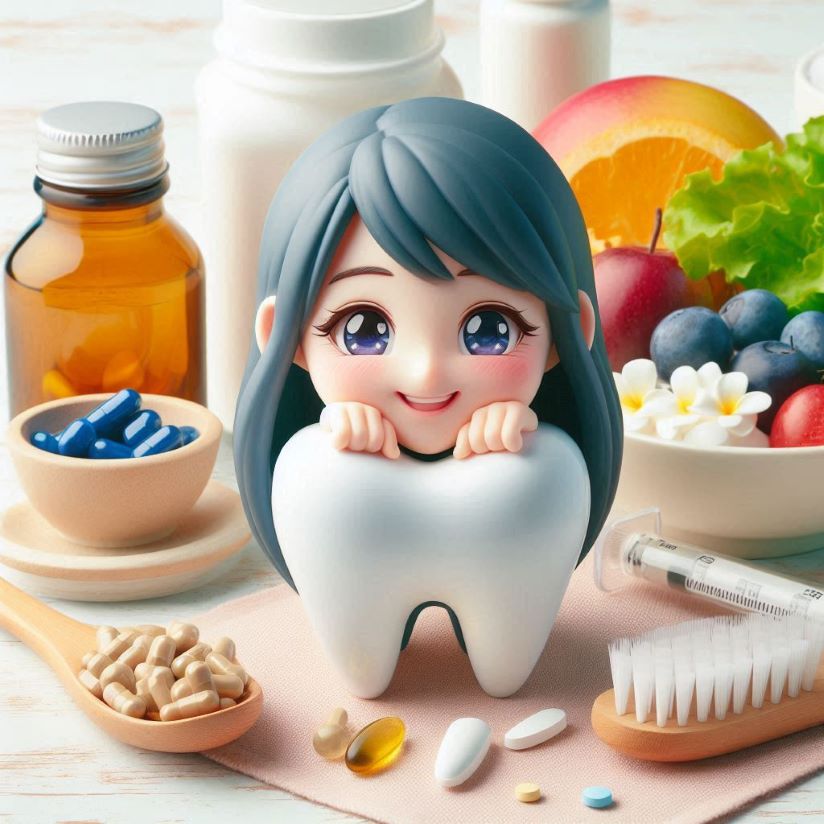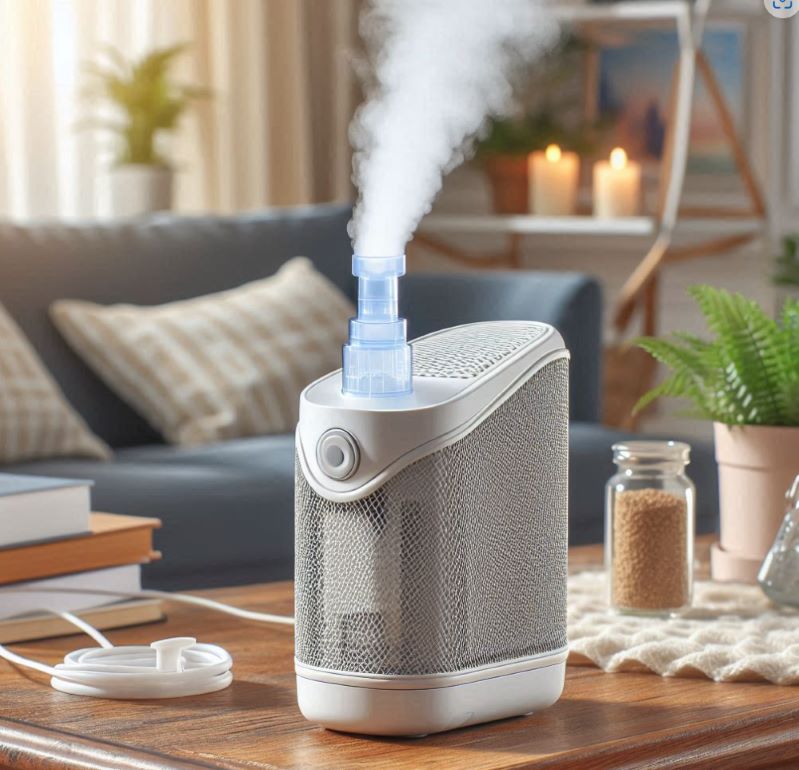
Health care thrives on teamwork. No single professional can address every aspect of a patient’s well-being. Comprehensive care requires collaboration among specialists who bring unique expertise to the table. Psychiatrists play a central role in this dynamic, working alongside primary care doctors, therapists, and nutritionists to create a balanced approach to health. Their involvement ensures mental health is not an afterthought but a core component of overall wellness.
A psychiatrist is a medical doctor specializing in mental health. They diagnose and treat conditions like depression, anxiety, and schizophrenia, often prescribing medications when needed. However, their role extends beyond prescriptions. They collaborate with other health care providers to understand a patient’s full health picture. For instance, a primary care doctor might notice a patient’s fatigue, but a psychiatrist could identify underlying depression contributing to it. This teamwork prevents misdiagnosis and ensures patients receive targeted care.
Bridging Physical and Mental Health
Physical and mental health are deeply connected. Chronic illnesses like diabetes can lead to anxiety or depression. Similarly, untreated mental health issues can worsen physical symptoms. Psychiatrists act as a bridge, addressing these overlapping concerns. They work with primary care doctors to coordinate treatment plans. For example, a heart disease patient might need a cardiologist’s expertise and a psychiatrist’s help to manage stress-related symptoms. This collaboration creates a seamless care experience.
Moreover, psychiatrists bring a unique perspective to the team. They are trained to recognize how medications for physical conditions might affect mental health. Some blood pressure drugs, for instance, can cause mood changes. A psychiatrist can suggest alternatives or adjust treatments to minimize side effects. Their input ensures patients aren’t forced to choose between physical and mental well-being.
Partnering with Therapists for Emotional Support
Therapists provide essential emotional and behavioral support. They guide patients through talk therapy, helping them develop coping skills. Psychiatrists complement this work by addressing the biological aspects of mental health. Together, they create a robust support system. For example, a therapist might help a patient process trauma, while a psychiatrist manages severe anxiety with medication. Regular communication between the two ensures the patient’s needs are met holistically.
Why does this partnership matter? Mental health conditions often require a multi-faceted approach. Therapy alone might not be enough for someone with severe bipolar disorder. Likewise, medication without therapy might not address underlying emotional triggers. By working together, psychiatrists and therapists offer a balanced strategy that promotes long-term recovery.
Nutritionists and the Mind-Body Connection
Nutrition plays a surprising role in mental health. Poor diet can worsen symptoms of depression or anxiety. Nutritionists help patients adopt eating habits that support both body and mind. Psychiatrists collaborate with them to ensure dietary changes align with mental health goals. For instance, a patient with ADHD might benefit from a nutritionist’s advice on reducing sugar intake, paired with a psychiatrist’s medication management. This teamwork amplifies the effectiveness of both interventions.
Furthermore, psychiatrists can identify when mental health issues interfere with nutrition. Eating disorders, for example, require specialized care. A psychiatrist might stabilize a patient’s mood while a nutritionist designs a safe meal plan. Their combined efforts address the root causes and physical consequences of the disorder.
READ ALSO: Integrating NMN and NAD Supplements into Your Wellness RoutineS
Why Collaboration Is the Future of Health Care
Health care is evolving. Patients expect more than isolated treatments—they want comprehensive care that considers every aspect of their lives. Psychiatrists are at the heart of this shift. Their ability to connect mental and physical health makes them invaluable team members. Working with primary care doctors, therapists, and nutritionists ensures no part of a patient’s health is overlooked.
What makes this approach so powerful? It’s simple: collaboration leads to better outcomes. Patients feel heard and supported. They’re more likely to stick with treatment plans when their care team works as a unit. With their medical expertise and mental health focus, psychiatrists are key to making this vision a reality. As health care embraces holistic models, their role will only grow more vital.










 Many men struggle with societal expectations about masculinity and sexual performance. This pressure often leads them to seek solutions like male enhancement products. However, rather than alleviating concerns, the pursuit of male enhancement frequently worsens performance anxiety and negatively impacts mental health.
Many men struggle with societal expectations about masculinity and sexual performance. This pressure often leads them to seek solutions like male enhancement products. However, rather than alleviating concerns, the pursuit of male enhancement frequently worsens performance anxiety and negatively impacts mental health. Male enhancement plays an often-underestimated role in overall health care, touching on areas like mental health, self-esteem, relationships, and physical well-being. With growing interest in sexual health, more people are considering enhancement products, but it’s important to understand both their benefits and risks. When used thoughtfully and under medical guidance, these products can support a person’s confidence and intimate relationships. However, it’s equally essential to be informed about such products’ safety, effectiveness, and possible side effects.
Male enhancement plays an often-underestimated role in overall health care, touching on areas like mental health, self-esteem, relationships, and physical well-being. With growing interest in sexual health, more people are considering enhancement products, but it’s important to understand both their benefits and risks. When used thoughtfully and under medical guidance, these products can support a person’s confidence and intimate relationships. However, it’s equally essential to be informed about such products’ safety, effectiveness, and possible side effects.















